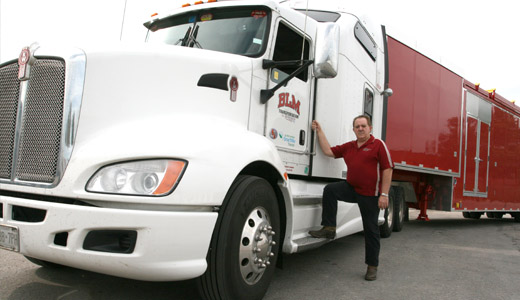




| Privacy Policy | Terms of Use | Advertise with Us | |
|
Mail Address: DorogaRoad. 321-330 Princess Royal Dr., Mississauga, ON, L5B 4P7, Canada Tel: 416.500.5950 • E-mail: [email protected] |
© 2007-2026 DorogaRoad.com. All rights reserved. © 1998-2026 Powered by AdSprouts solutions for publishers |